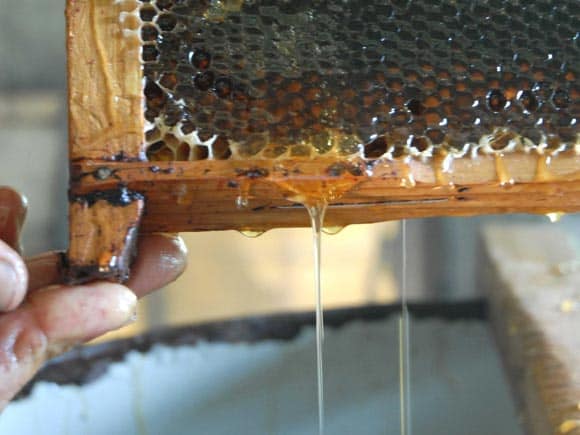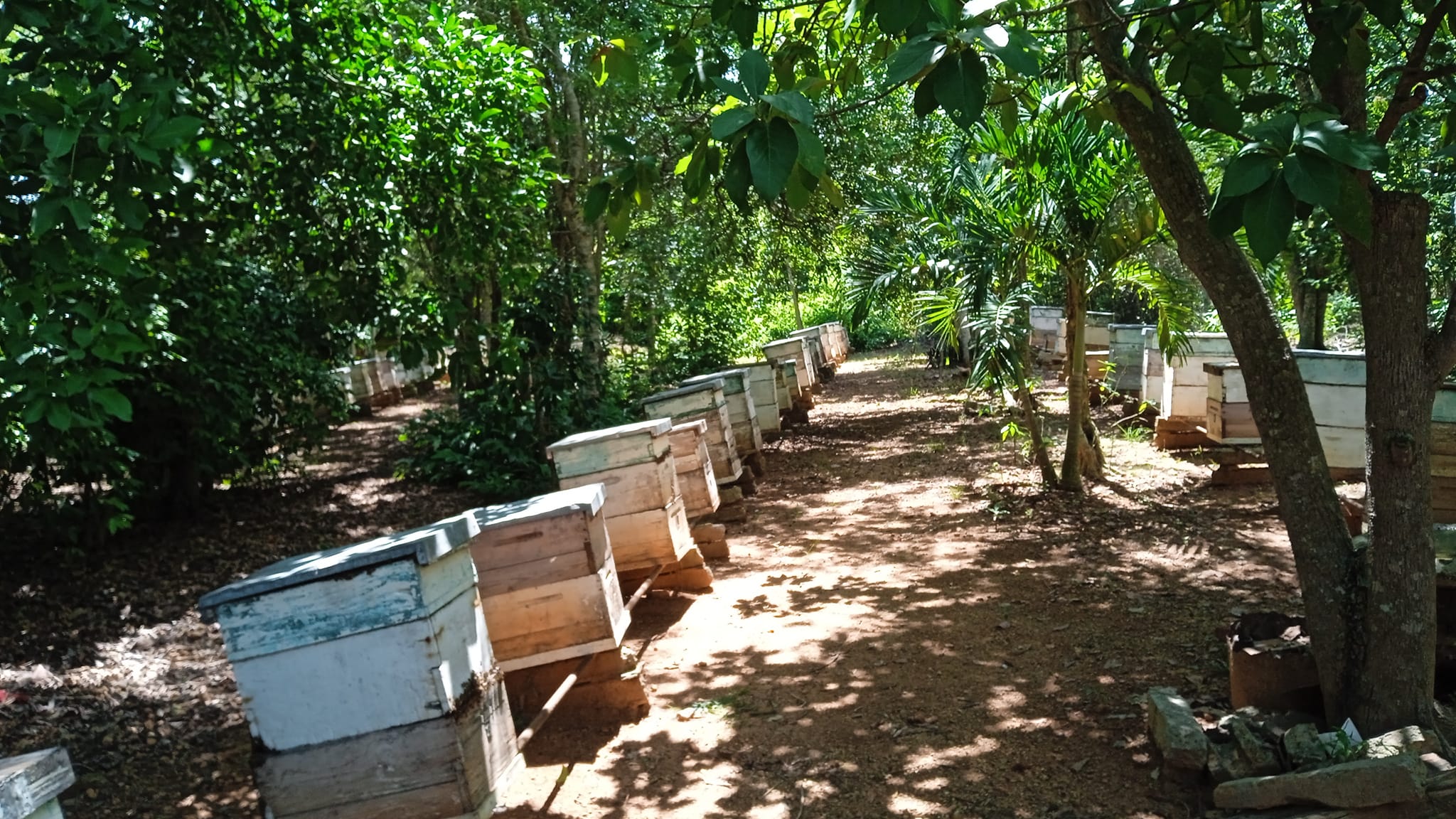
Beekeepers in the province of Las Tunas fell short of their productive potential in 2023, collecting only 275.7 tons of honey, just 53 percent of what was planned.
Las Tunas, Cuba.- Several causes influenced the poor results of the leading product; among them, the one with the greatest impact was the intense drought that affected the territory in the first five months of the year, besides the loss of 311 hives due to the rainfall that occurred in June, mainly in the southern municipalities.
However, the efforts of producers and specialists in Las Tunas made it possible to exceed the amounts of important by-products. Five thousand 523.4 kilograms (kg) of wax were collected, in addition to 1,108.5 kg of propolis, 723 of pollen, and 1,300 of jelly. The last three lines set records.
 Regarding the number of hives -and despite the losses due to meteorological phenomena- the province closed last year with 11,800, 300 more than in December 2022. For the current calendar, 12,530 are expected to be completed.
Regarding the number of hives -and despite the losses due to meteorological phenomena- the province closed last year with 11,800, 300 more than in December 2022. For the current calendar, 12,530 are expected to be completed.
Other activities in which progress was made are organic honey and Melipona honey production, and the genetic improvement program, especially in the new queen bee farms established in the municipalities of Jobabo, Colombia, Las Tunas, and Jesús Menéndez.
In the Beekeeping business unit, the priorities for the coming months were established, among which the training of beekeepers, the sowing of honey plants, and compliance with health and management standards in the apiaries stand out.
All this, plus the dedication of local beekeepers, will result in the possible collection of 400 tons of honey during 2024; a figure that can be met since, in 2021, this territory set a record, by producing 569.5 tons.





